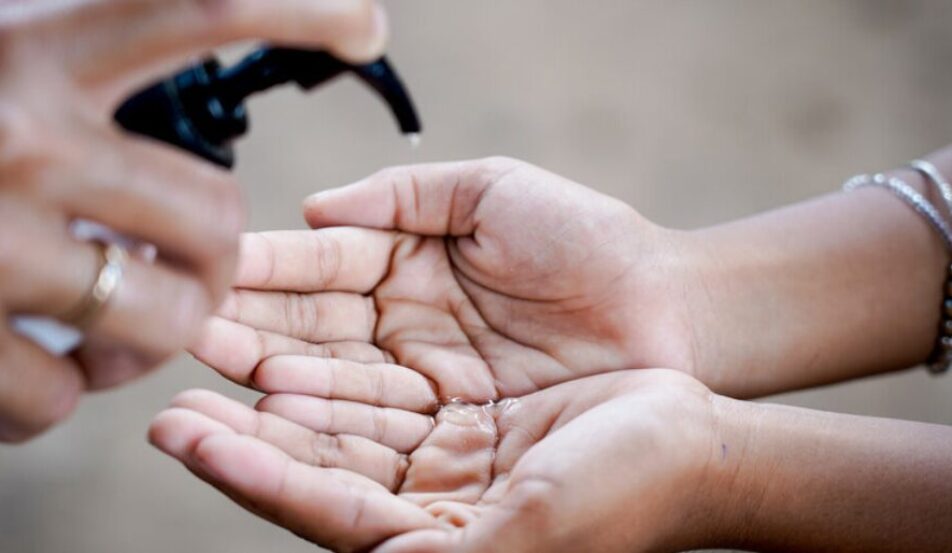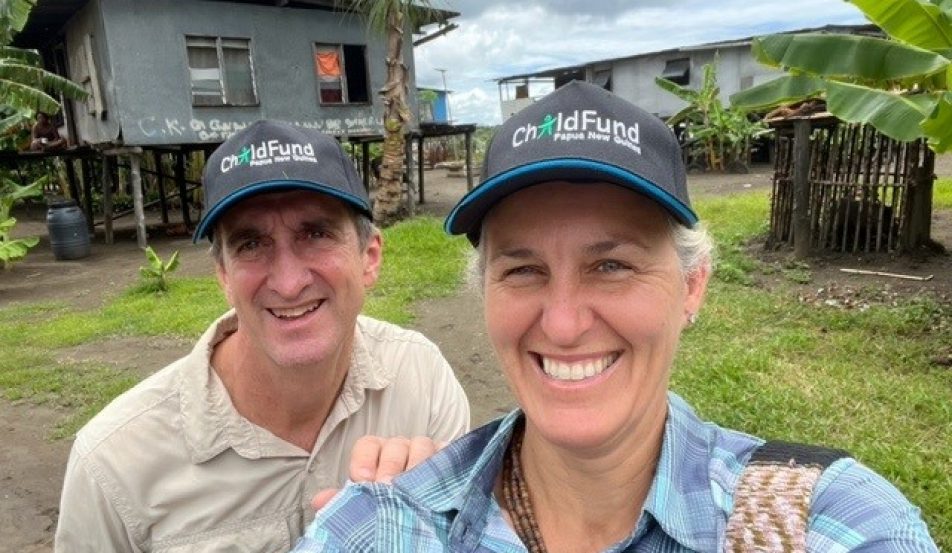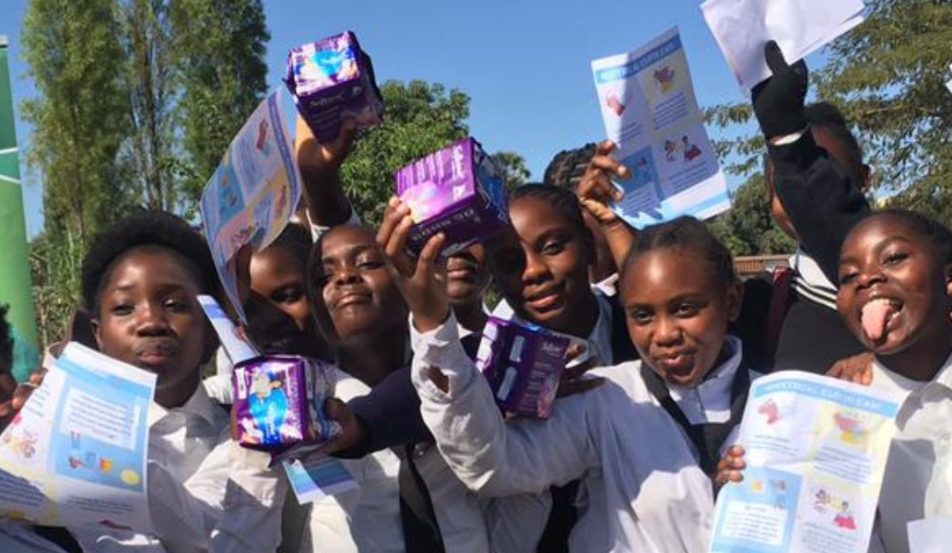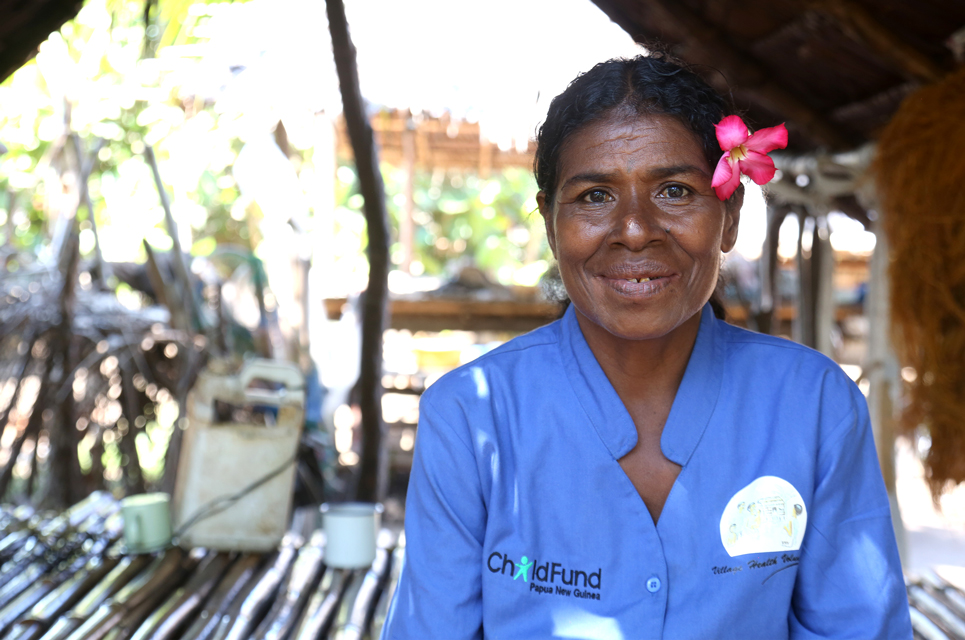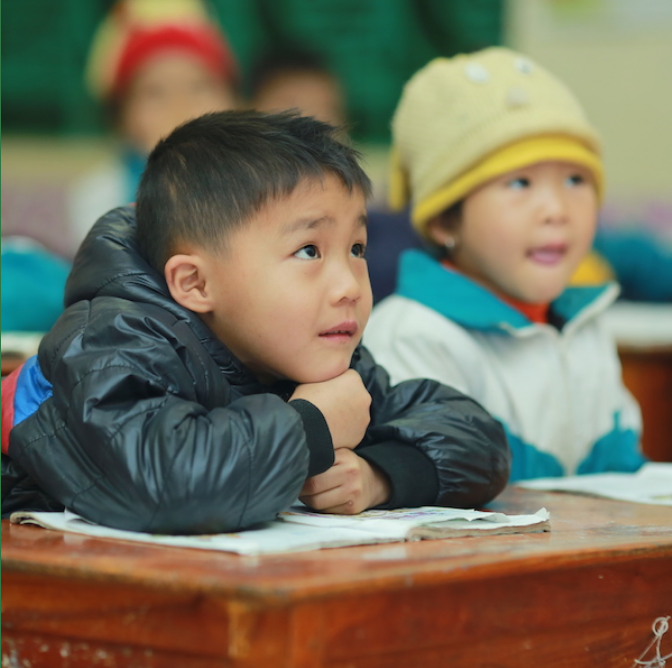Jullian would assist him by setting up the delivery room and handing him any medical equipment during the delivery process. Julian is illiterate, but through observation she learnt many basic procedures.
In 2015, ChildFund Papua New Guinea gave Jullian the opportunity to take part in a new intensive training program for Village Health Volunteers (VHVs). This six-week course covered a broad range of healthcare issues, while also giving Jullian more in-depth knowledge in safe motherhood and early childhood care and development.
“The training was in simple terms and easy to understand. I learnt many new things on maternal health and general health, but more importantly the proper steps to take before, during and after delivery in those cases when a mother cannot get to the clinic.”
And she has already had to put this training into practice.
Jullian says: “When my first-born daughter gave birth to her fourth baby, the umbilical cord broke in the womb. The baby was not breathing when she was born but I was able to resuscitate the baby, and she’s six months old now.
“I went through all that training, and now I can save the life of a baby.”
Team Leader for ChildFund PNG’s Health Program, Olive Oa, says ChildFund strongly encourages women to deliver at the nearest health facility where possible.
But she adds: “Due to issues of inaccessibility, and the hardships of reaching a clinic in many villages, women will continue to rely on traditional birth attendants.
“So it’s extremely important that we make sure they have up-to-date skills, and some basic equipment. We also provide VHVs with birthing and newborn kits to ensure better safety and hygiene for women and their newborns.”
Olive adds: “Being able to recognise signs of danger is also vital for a VHV. Knowing when to refer women to more specialist care can mean the difference between life and death.”
Today, Jullian estimates that she has delivered around 180 babies. She encourages women to give birth at the clinic, but is always there to help when she is needed.
“Many times, I have walked long distances and in the night to reach women. Even when it rains, I find my way to them. It is tiring but I love what I do.
“I believe God gave me a gift to save lives so I will continue to help women until the day when my legs can no longer carry me.”
ChildFund PNG’s maternal and child health programs are supported by the Australian Government through the Australian NGO Cooperation Program (ANCP).



